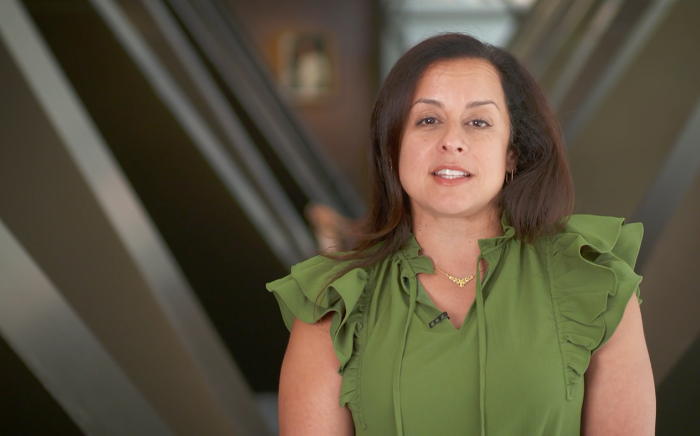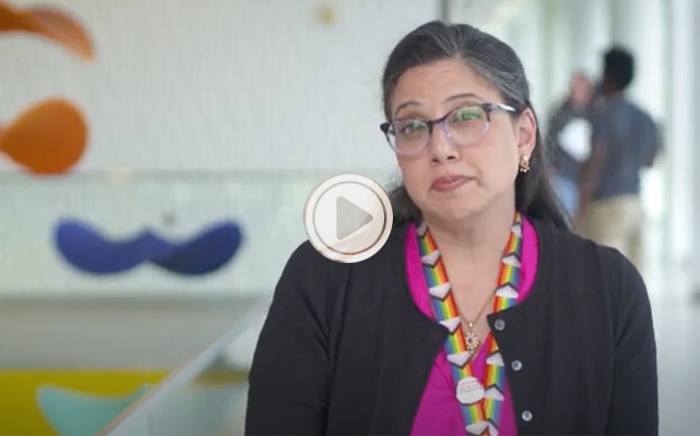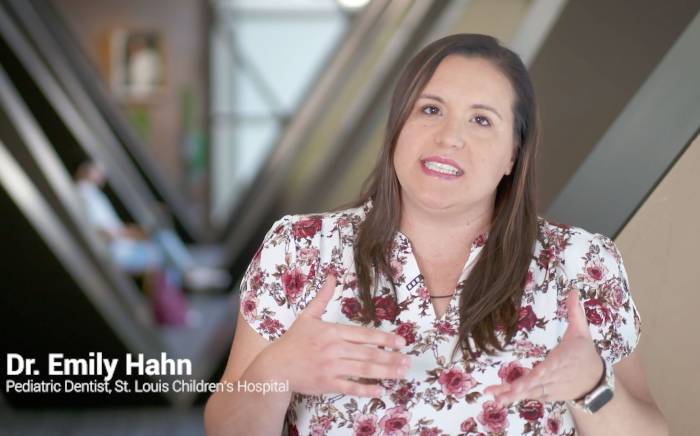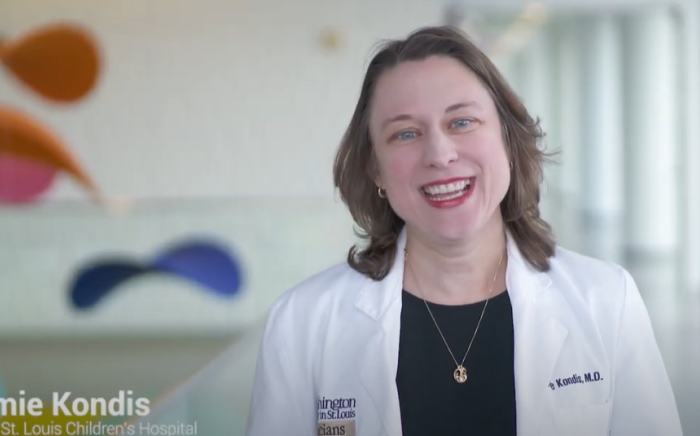What is Cancer Predisposition Syndrome?
Cancer predisposition syndrome, also called inherited cancer predisposition, hereditary cancer predisposition, or family cancer predisposition is a genetic mutation that increases the chances of developing cancer at an earlier age compared to the risk for the general population.
In this condition, predisposed cancer cells, germline mutations, or gene mutations are passed off from parents to children. These genetic mutations can function as dominant or recessive and can cause early or late onset disease.
Hereditary cancer accounts for 10% of all cancers. Two of the most common hereditary cancers are breast-ovarian cancer syndrome and hereditary non-polyposis colon cancer.
For more information or to schedule an appointment with a St. Louis pediatric oncologist, call 314.454.5437 or 800.678.5437 or email us.
Types of Hereditary Cancers
The following are common hereditary predisposition cancers in children.
- Fanconi anemia
- Xeroderma pigmentosum
- Retinoblastoma
- Li-Fraumeni syndrome
- DICER1syndrome
- Neurofibromatosis type 1
- Down syndrome
Diagnosis and Treatment of Cancer Predisposition Syndrome
Genetic testing has helped identify at-risk family members and has increased the chances of early detection, early intervention, and survival rate. Genetic testing helps identify genetic mutations, germline mutations, and cancer predisposition genes passed on from parents to offspring.
Early intervention of predisposition cancer syndromes can improve the chances of detecting and treating cancer in its early stages. Treatment is also based on what type of cancer and severity of the condition.
The Division of Pediatric Oncology at St. Louis Children’s Hospital helps diagnose and treat children with cancer predisposition syndrome.
For more information or to schedule an appointment with a St. Louis pediatric oncologist, call 314.454.5437 or 800.678.5437 or email us.












